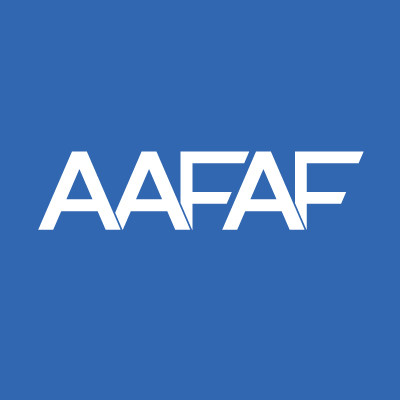Get Issuer Alerts
Add this issuer to your watchlist to get alerts about important updates.
AAFAF submits Government of Puerto Rico Fiscal Plan 2023
View allJanuary 18, 2023
The Puerto Rico Fiscal Agency and Financial Advisory Authority (“AAFAF,” by its Spanish acronym) announced the submission of the Government’s proposed fiscal plan for the Commonwealth of Puerto Rico (the “2023 Fiscal Plan”) to the Financial Oversight Management Board for Puerto Rico (“FOMB”) on January 17, 2023, as required by law. This is the Government’s first fiscal plan submission since the Commonwealth emerged from its Title III bankruptcy case on March 15, 2022, and, if approved, will go into effect July 1, 2023.
“The 2023 Fiscal Plan represents Governor Pierluisi’s vision of a medium- and long-term plan for key revenue, spending, and policy priorities that will further strengthen Puerto Rico’s economy for the benefit of all our stakeholders, principally our People,” said Omar J. Marrero, executive director of AAFAF, in his transmittal letter to FOMB Executive Director Robert F. Mujica, delivered last night.
“Now that the Government has achieved a sustainable debt level and continues to operate within the certified balanced budgets, we are embarking on a new chapter in Puerto Rico’s history where strategic investments and the prioritization of the Governor’s key fiscal policy objectives will shape the future of economic prosperity on the Island. The primary goal of the Government’s 2023 Fiscal Plan is to seize this once-in-a-generation opportunity to leverage our unique financial position as a result of our economic development public policies and the Plan of Adjustment’s success to lay the foundation for Puerto Rico’s future,” Marrero explained in his letter.
The 2023 Fiscal Plan includes several initiatives designed to promote economic development, including, among other things, (i) establishing a Municipal Essential Services Fund to ensure essential services are provided effectively by municipalities for across the Island; (ii) cost-of-living adjustments to mitigate the current inflationary environment; (iii) workforce investments to increase the government’s capacity to deliver services, including salary increases; (iv) prioritizing obligations to current and future retirees; (v) creating a fiscally responsible post-bankruptcy Government by implementing a comprehensive financial management agenda to ensure that Puerto Rico never again suffers from the problems that led to the fiscal crisis in the first place; and (vi) Government efficiency.
Cognizant that the certification of a new fiscal plan is a process that requires collaboration and consensus-building between the Government and the Oversight Board to achieve the best results possible, AAFAF looks forward to continued discussions with the FOMB to reach common goals for the benefit of the people of Puerto Rico.

